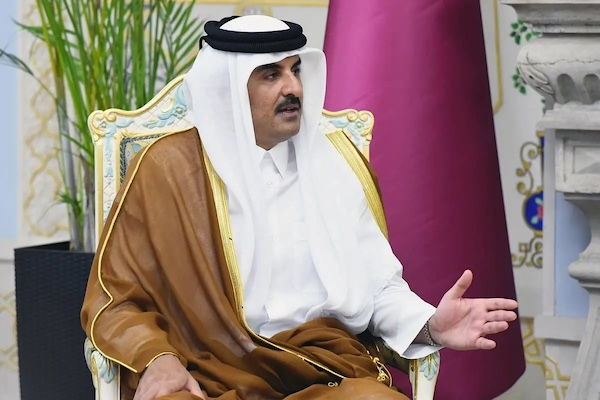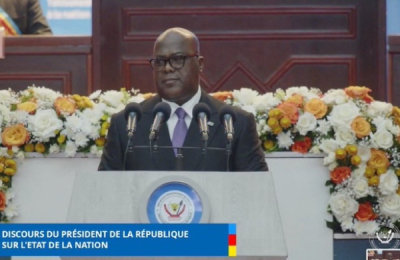Representatives of the Congolese government and the AFC/M23 rebel group recently signed a preliminary agreement, brokered by Qatar, aiming to halt decades of violence in eastern DRC. The joint declaration was signed in Goma and Kinshasa.
It commits the conflicting sides to an immediate ceasefire and a firm rejection of hate speech and intimidation, calling on local communities to respect these terms. It also sets the stage for constructive dialogue to tackle the root causes of the conflict and outline steps toward lasting peace.
However, the agreement leaves critical details unresolved—there’s no clear timeline or monitoring mechanism to ensure compliance, meaning further negotiations are essential.
The conflict is deeply rooted in ethnic tensions, especially between Tutsi communities and others, with M23 positioning itself as a defender of Tutsi interests. Moreover, control over mineral resources like coltan and gold fuels the fighting, with armed groups and regional actors, notably Rwanda, accused of profiting from the chaos—claims Kigali denies.
Complicating matters, former president Joseph Kabila’s recent arrival in M23-held Goma, where rebels reportedly provide his security, has heightened political tensions. The government has since suspended his party and initiated legal action against him.
Economically, M23’s grip on mining hubs such as Rubaya generates roughly $800,000 monthly from coltan taxes, depriving the government of vital revenue. The conflict has displaced millions, disrupted agriculture and trade, and worsened food insecurity—now affecting 23.4 million people, according to UN data. The turmoil also threatens sectors like education and tourism, with national parks like Virunga caught in the crossfire.
This article was initially published in French by Georges Auréole Bamba
Edited in English by Ola Schad Akinocho










